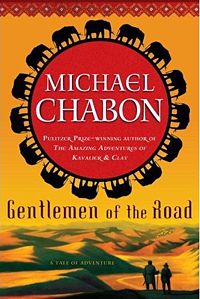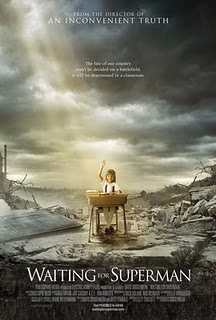I just gave a big music history test yesterday to my undergraduate students and endured the typical grousing about how the subject doesn't relate to what they do and they get tired of memorizing facts.
No matter how many times I tell students the ways in which music history can enrich their musical vocabulary and make them better performers, many refuse to see. That's why I was encouraged by the article "In Search of Lost Sounds: Why you've never really heard the "Moonlight" Sonata" that appeared on Slate.com yesterday. In it, Jan Swafford gives wonderful audio examples of the differences between the pianos Beethoven wrote for and our modern, equally-tempered and equally-voiced Steinways. The article is an ear-opening read, and I encourage you to jump over to Slate and listen. For me, it was encouragement that music history is important. As a pianist, hearing those recordings opened up new interpretive strategies in my mind and made me hear the music afresh, a goal of all performers of others' music. It is a concrete example of why music history is important. Do you have to play differently because Beethoven wrote for a different piano? No. Do we always have to try to replicate the exact circumstances and choices of pianists in Beethoven's day? No. But I would argue that our music takes on deeper resonance when we understand the choices we are making and the options open to us as musicians rather than blindly playing whatever is before us on the stand. The musicians in any realm or genre that last, that continue to impact us 10, 20, 100 years after their life and work are the ones who understand this simple rubric. History, style, ideas, do matter and matter deeply.
Self-doubt in the tech industry
2 years ago




No comments:
Post a Comment